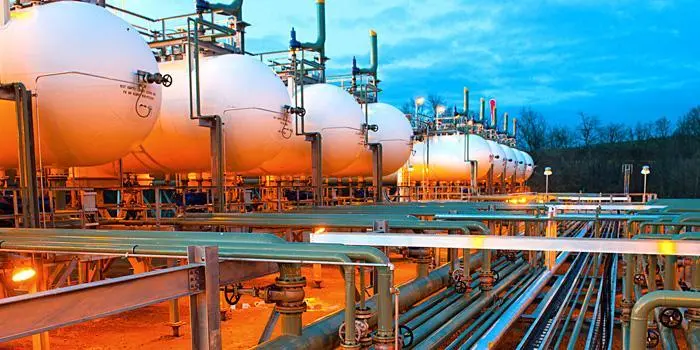Nigeria’s Union Bank of Nigeria and Germany’s DWS Group on Tuesday signed a memorandum of understanding (MoU) on renewable energy. The MoU includes two accords in Berlin— a $500 million renewable energy pact and a gas export deal.
Nigerian government spokesperson, Ajuri Ngelale says the agreement seeks to harness $500 million in investment in renewable energy projects across Nigeria, mostly in rural communities.
Between Germany’s Johannes Schuetze Energy Import AG and Nigeria’s Riverside LNG, a second MoU on a gas export partnership was reached. As per the agreement, Nigeria will provide Germany with 850,000 metric tonnes of natural gas per year, with an expected increase to 1.2 million metric tonnes. According to Ngelale, the first deliveries will occur in 2026.
The largest economy in Europe may be assisted in achieving its transition to carbon neutrality if Germany invests 4 billion euros in renewable energy projects in Africa until 2030, according to Chancellor Olaf Scholz’s announcement on Monday.
Speaking at a German-African business forum in Berlin, he stated that if Germany was to reach its target of net zero emissions by 2045, it would need to import large amounts of green hydrogen in the future, including from Africa.
Nigeria has the largest gas reserves in Africa— more than 200 trillion cubic feet— but due to poor processing facilities, roughly 300 million cubic feet of that gas is flared off every day.
President Bola Tinubu, who is in Berlin for the G20 Compact with Africa conference, is seeking to boost the country’s economy, which is beset by slow growth, record debt, double-digit inflation, and industrial-scale theft of its main export, crude oil.

































